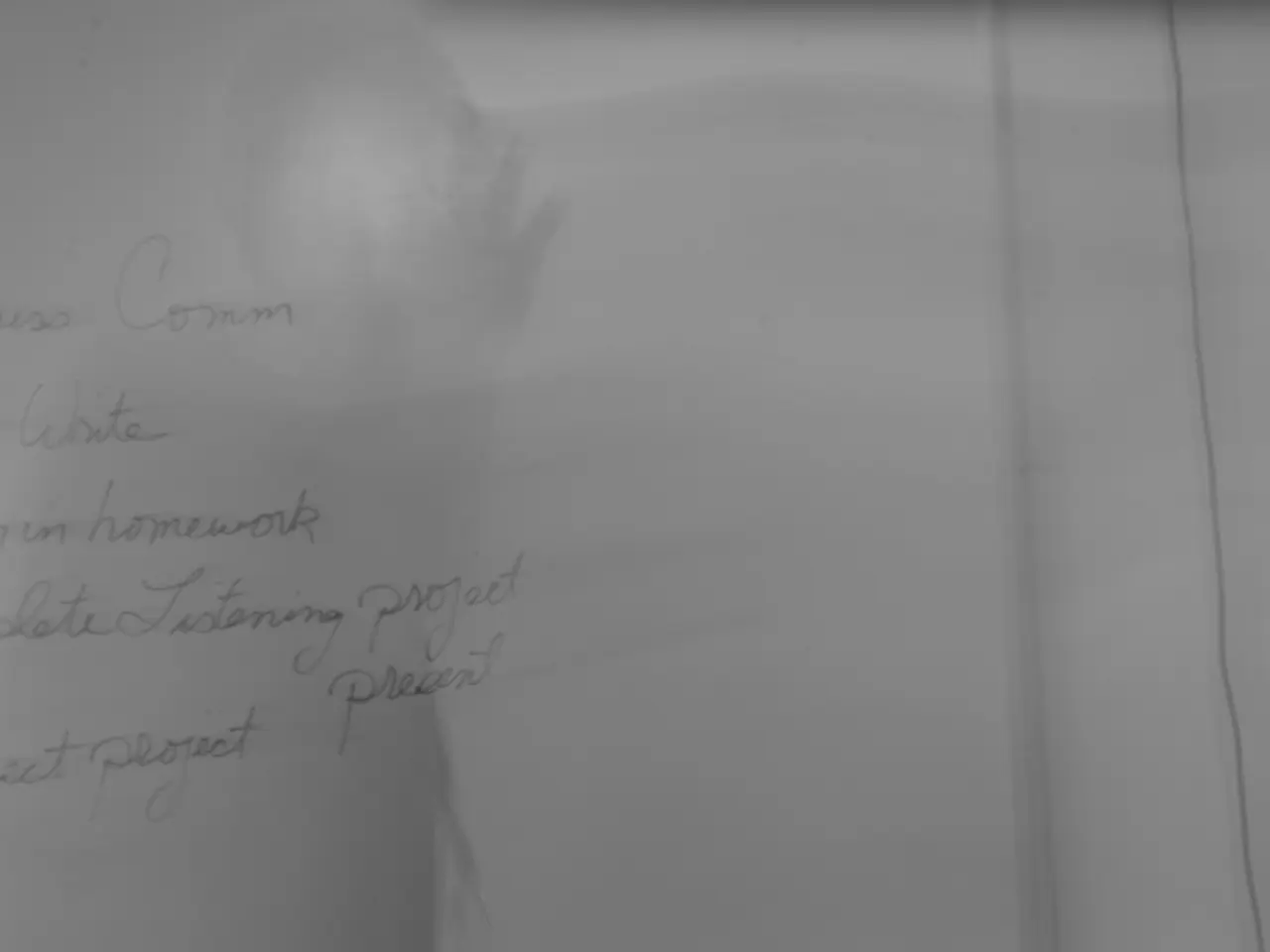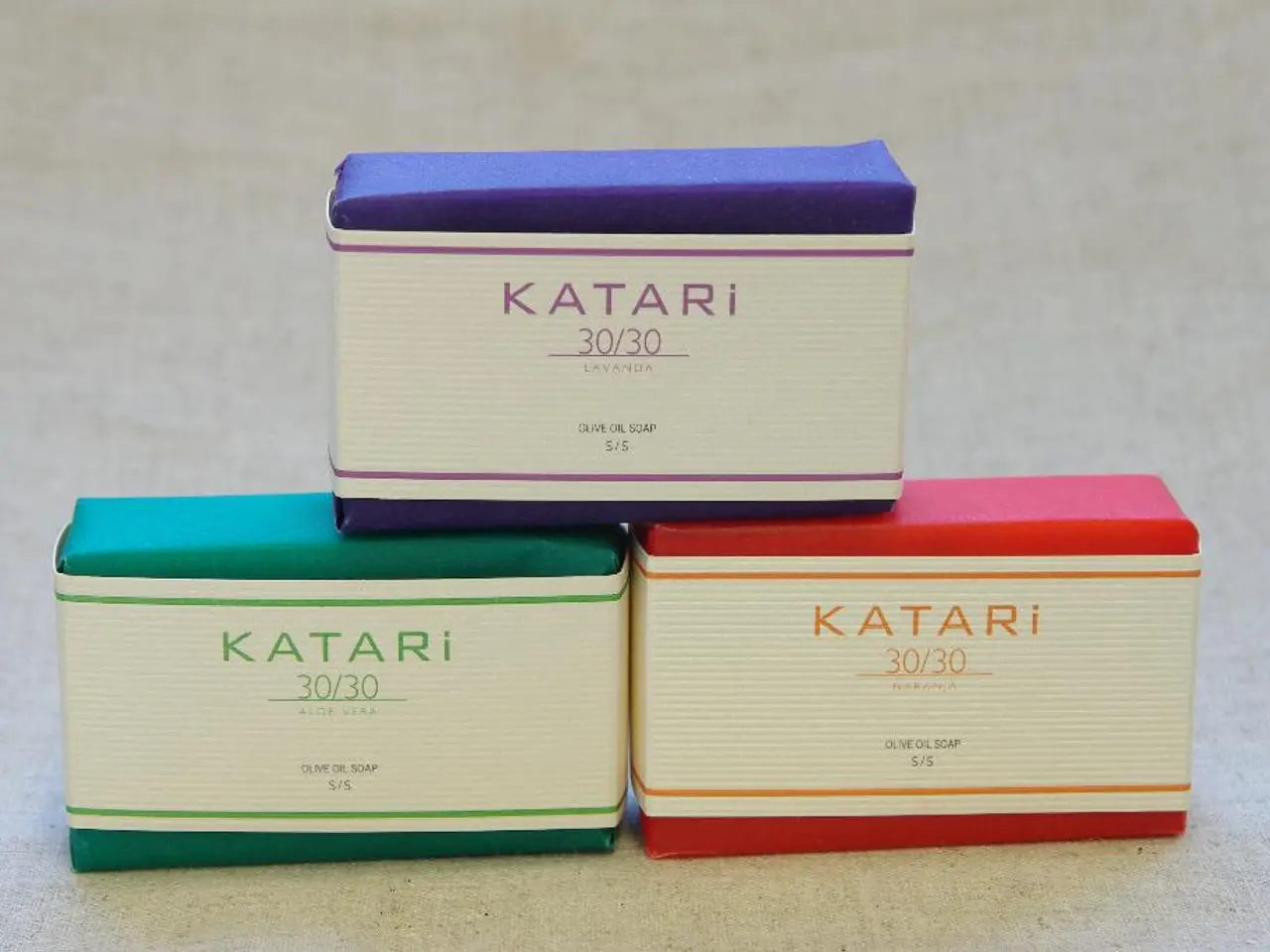Navigating the Decision: Self-Publishing vs. Traditional Publication - Finding the Best Route for Your Manuscript
Publishing a book is an exciting journey, but deciding between traditional and self-publishing can be a challenging task. Both options have their unique advantages and drawbacks, and the choice ultimately depends on your goals, resources, and preferences.
Key Pros and Cons
| Aspect | Traditional Publishing | Self-Publishing | |---------------------|--------------------------------------------------|----------------------------------------------------| | Creative Control| Limited; publishers often change title, cover, content | Full control over everything—cover, pricing, release dates, rights[1][2][4] | | Time to Market | Long—typically 12 to 24 months or more | Fast—can publish within weeks or days, ideal for timely content[1][3] | | Costs | No upfront costs; publisher invests | You bear upfront costs (editing, design, marketing), ~$500-$3,000 typical[1][3] | | Royalties/Earnings| Lower royalties (5–15% print, ~25% eBook) | Higher royalties (up to 70% for eBooks via KDP, etc.)[1][4] | | Support | Professional editing, design, marketing, distribution support | Responsible for all publishing tasks unless hiring freelancers[1][3] | | Market Reach | Access to bookstores, libraries, traditional media, literary awards | Easier digital reach; harder for print bookstore placement but growing options[3] | | Prestige & Credibility| Offers industry prestige, literary awards access | Less traditional prestige but increasingly respected, especially in niche markets[3] | | Competition Barrier| High; requires agent and acceptance by a publisher | Open to all authors, no gatekeeper but requires self-marketing[3] |
Factors to Consider
- Desire for control: If you want to decide everything about your book’s presentation and rights, self-publishing is better[1][2].
- Timeline urgency: If you need a quick release to capitalize on trends or personal timelines, self-publishing offers speed[1].
- Budget: Traditional publishing is cost-free upfront but pays lower royalties. Self-publishing requires investment but potentially yields higher returns[1][4].
- Marketing and distribution skills: Traditional publishers provide industry expertise, established distribution channels, and marketing support. Self-publishing requires you to manage or outsource these[3].
- Goal for prestige and reach: For bookstore presence, literary awards, and the validation of a publishing house, traditional routes have an advantage[3].
- Type of book or niche: Niche or unconventional books often perform better via self-publishing because traditional publishers focus on marketability[1][2].
- Author's willingness and availability: Self-publishing demands time or money for editing, cover design, formatting, and promotion, which may not suit every writer[3].
Summary
Choose traditional publishing if you seek prestige, professional support, no upfront costs, and access to broad markets, accepting less creative control and slower timelines. Opt for self-publishing if you prioritize fast time-to-market, full autonomy, higher royalties, and are willing to invest time or money upfront to manage publication and marketing directly.
This decision is highly individual and depends on author priorities, type of book, and career goals[1][2][3][4]. It's essential to remember that the author bears the costs in self-publishing, as it is a business they own.
For more advice on editing, writing, and publishing, you can follow Katie McCoach on Twitter. Katie McCoach is a member of Romance Writers of America and the Editorial Freelancers Association, with essays published in TrainWrite and Kalliope.
Regardless of the publishing path chosen, the ultimate goal is to publish the best possible version of the work. As a self-published author, it's crucial to research and continuously learn about the business and industry to ensure success. Additionally, the author is still responsible for marketing and promoting the book, even with a publisher.
Books can provide a platform for entertainment, but the choice between traditional and self-publishing for your entertainment book can be an intricate decision. If you prioritize creative control, self-publishing offers full autonomy over everything from cover to release dates. On the other hand, traditional publishing provides professional support in areas like editing, marketing, and distribution, which may be beneficial for those seeking industry prestige and a reach to broad markets.








